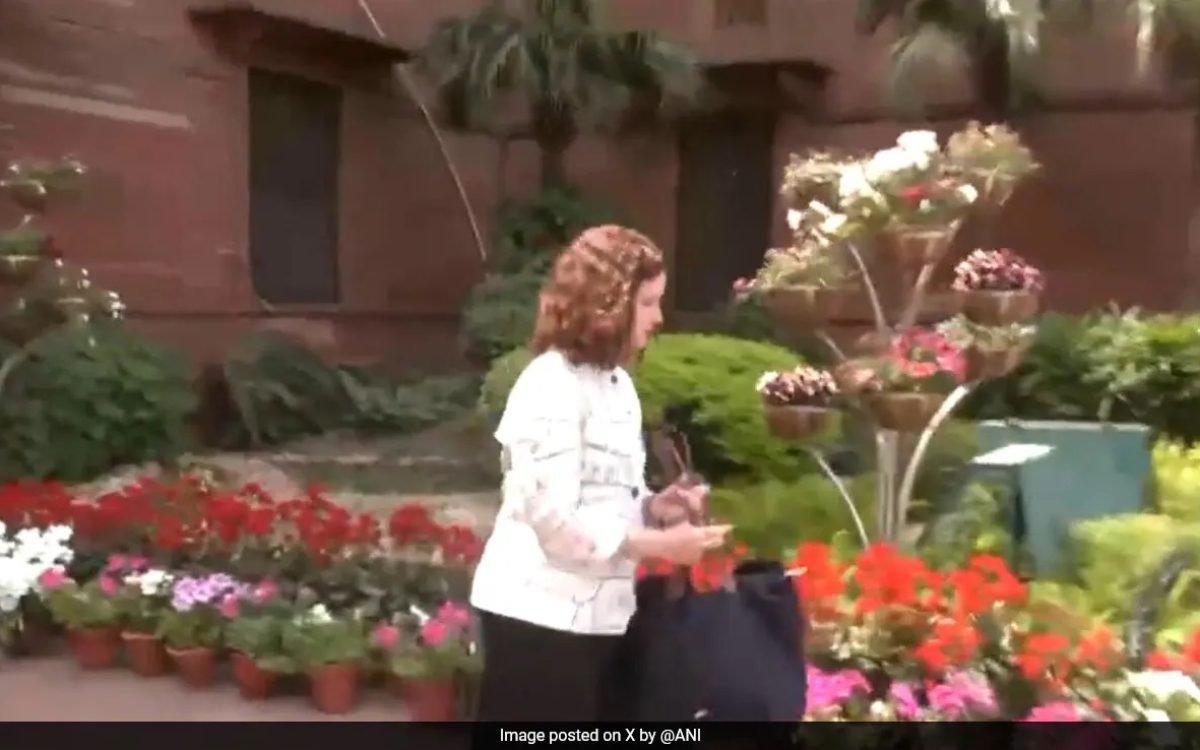The recent remarks made by a US State Department spokesperson regarding the arrest of Delhi Chief Minister Arvind Kejriwal have sparked a diplomatic dispute between India and the United States. The Indian government has strongly objected to these comments, asserting its sovereignty and the integrity of its legal processes.
In response to the US State Department’s statement calling for a fair and timely legal process for Kejriwal, the External Affairs Ministry summoned Gloria Berbena, the US’ Acting Deputy Chief of Mission, for a meeting in Delhi. During the 40-minute session, India expressed its concerns over the perceived interference in its internal affairs and warned against setting “unhealthy precedents.”
The Ministry emphasized the importance of respecting the sovereignty of nations, particularly among fellow democracies. India’s legal processes, it stated, are grounded in an independent judiciary committed to delivering objective and timely outcomes. Casting doubt on this process, the ministry argued, is unwarranted and undermines the credibility of India’s judiciary.
This diplomatic spat highlights the complexities of international relations, especially when it comes to issues touching upon domestic matters. While it’s common for countries to express concerns over human rights and due process, the manner in which such concerns are raised can significantly impact bilateral relations.
Both India and the United States share a commitment to democratic principles, but disagreements over the handling of internal affairs can strain diplomatic ties. It remains to be seen how this dispute will unfold and whether it will have any lasting implications for the relationship between the two nations.
In conclusion, the dispute underscores the delicate balance between respecting national sovereignty and addressing concerns about human rights and due process. It serves as a reminder of the importance of diplomatic dialogue and mutual respect in resolving differences between nations.









